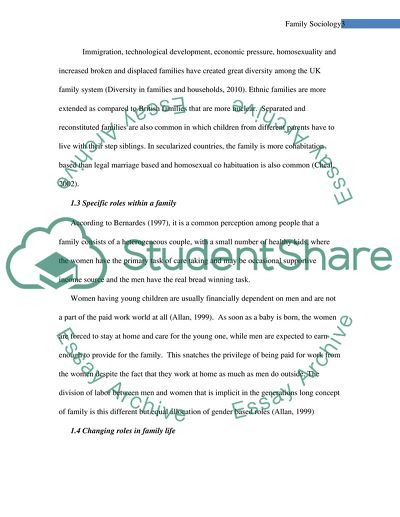Cite this document
(“Family Sociology Essay Example | Topics and Well Written Essays - 2500 words”, n.d.)
Retrieved from https://studentshare.org/miscellaneous/1573998-family-sociology
Retrieved from https://studentshare.org/miscellaneous/1573998-family-sociology
(Family Sociology Essay Example | Topics and Well Written Essays - 2500 Words)
https://studentshare.org/miscellaneous/1573998-family-sociology.
https://studentshare.org/miscellaneous/1573998-family-sociology.
“Family Sociology Essay Example | Topics and Well Written Essays - 2500 Words”, n.d. https://studentshare.org/miscellaneous/1573998-family-sociology.


